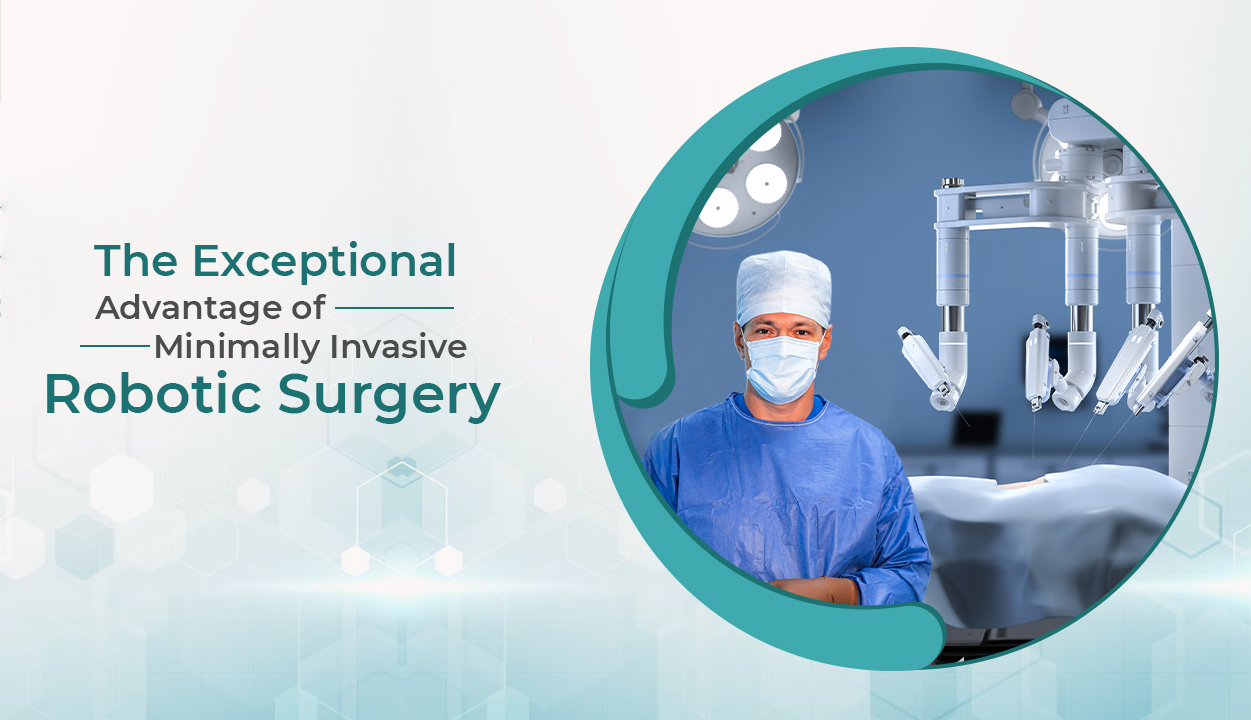
The Exceptional Advantage of Minimally Invasive Robotic Surgery
In recent years, robotic surgery, also known as robot-assisted surgery, has emerged as a transformative force in modern medical practices. This innovative approach to surgery has gained considerable traction across various clinical disciplines, offering surgeons unprecedented precision and control in performing intricate procedures. By amalgamating advanced robotics in healthcare with minimally invasive techniques, robotic surgery has redefined the boundaries of surgical capabilities, ushering in a new era of patient care and treatment outcomes.
Understanding Minimally Invasive Robotic Surgery
Robotic surgery represents a sophisticated form of minimally invasive surgery, wherein specialized robotic systems are employed to assist surgeons during procedures. These systems typically consist of mechanical arms equipped with miniature surgical instruments, complemented by a high-definition 3D camera that provides magnified views of the surgical site. Surgeons operate these robotic arms from a console, enabling precise manipulation and navigation within the patient’s body.
Applications Across Medical Specialties
Robotics in healthcare surgery encompasses a diverse range of procedures tailored to specific medical needs. From urology and gynecology to general surgery and thoracic procedures, its applications are vast and varied.
- Laparoscopic Surgery: Enhances precision and reduces postoperative discomfort through smaller incisions.
- Endoscopic Surgery: Improves control and stability for complex endoscopic procedures.
- Prostate Surgery: Enables precise removal of the prostate gland for conditions like prostate cancer.
- Cardiovascular Surgery: Used for various procedures including coronary artery bypass and valve repairs.
- Neurosurgery: Revolutionizes minimally invasive brain surgeries for epilepsy and brain tumors.
- Orthopaedic Surgery: Utilized in knee and hip replacements, trauma surgeries, and spinal procedures.
- Urology and Uro-Oncology: Robotic surgery plays a pivotal role in the treatment of conditions such as prostate cancer and urinary tract disorders.
- Gynecology and Onco-Gynecology: In gynecological procedures, robotic surgery offers unparalleled precision for conditions like uterine fibroids and gynecologic cancers.
- General Surgery: From hernia repairs to gallbladder removals, robotic surgery enhances the standard of care in general surgical procedures.
- Thoracic Surgery: Robotic technology enables surgeons to access confined spaces within the chest cavity, optimizing outcomes for patients with conditions like lung cancer.
Benefits & Advantages of Robotic Surgery
The exceptional advantages of robotic surgery for surgeons as well as for patients extend beyond traditional surgical approaches:
- Enhanced Precision: Robotics in healthcare systems offer unparalleled accuracy, enabling surgeons to perform delicate procedures with utmost precision.
- Minimized Trauma: Smaller incisions and reduced tissue trauma result in less postoperative pain and faster recovery times.
- Improved Outcomes: Patients undergoing robotic surgery experience fewer complications, shorter hospital stays, and quicker return to normal activities.
- Enhanced Visualization: High-definition 3D imaging provides surgeons with detailed views of the surgical site, facilitating precise interventions.
- Greater Control: Surgeons have enhanced control and dexterity, allowing for precise manipulation of instruments in intricate procedures.
- Reduced Complications: Minimally invasive techniques minimize the risk of surgical complications, ensuring safer outcomes for patients.
- Quicker Recovery: Smaller incisions and reduced tissue trauma lead to faster recovery times, enabling patients to resume their daily activities sooner.
- Cosmetic Benefits: Minimal scarring enhances cosmetic outcomes and improves patient satisfaction.
Minimally invasive robotic surgery represents a paradigm shift in surgical practices, offering unparalleled advantages across diverse medical specialties. As technology continues to evolve, the potential for further advancements in robotic surgery holds promise for the future of healthcare. By leveraging the advantages of robotic surgery in healthcare systems, surgeons can deliver superior outcomes and enhance the quality of care for patients worldwide.
To know more and get a consultation regarding robotic surgery can help you, book your appointment. Click here: http://182.79.136.75:62 and schedule your appointment.
